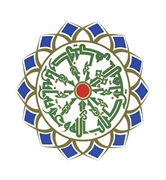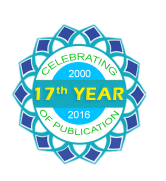- Indicators of Piety, Part IV
- Written by Shomali, Mohammad Ali
Indicators of Piety focuses on the advantages of piety (taqwa) in the Qur’an, hadith, and the lives of the Ahlul Bayt. Piety – one of the most important qualities a person can have – is how people are ranked before God as it is related to the intention behind all actions and is required to reach salvation. Part I and II delved into the merits of piety in the Qur’an and explored the definition of piety along with the factors that contribute to its formation. Part III illustrated the qualities of the pious as those who have faith in the unseen, establish prayer, give charity, believe in the hereafter, and have faith in what has been revealed to the Prophet as well as the previous prophets. This part further defines the faithful as those who will achieve true success and offers an illustration of who the faithful are, and what they will achieve in this world and the next.
Download the full paper
next post

Message of Thaqlayan
Most Read Papers
- Index of Previous Titles, Spring 2009 - Winter 2004
- About
- Authors
- Titles
- Subject
- Editor-in-Chief
- The Connection between Imam Mahdi and Imam Husayn, Part III
- Allamah Hilli on Imamate in Kashf al-Murad, Part II
- The Qur'an in the Words of Imam Sajjad
- Healthy Personality in the Youth: An Islamic Perspective
Recent Issues
- Volume 18, Number 3 (2017)
- Volume 18, Number 3 (2017) table of content
- Volume 18, Number 2 (2017) table of content
- Volume 18, Number 2 (2017)
- Volume 18, Number 1 (2017)
- Volume 18, Number 1 (2017) table
- Volume 17, Number 4 (2017) table



